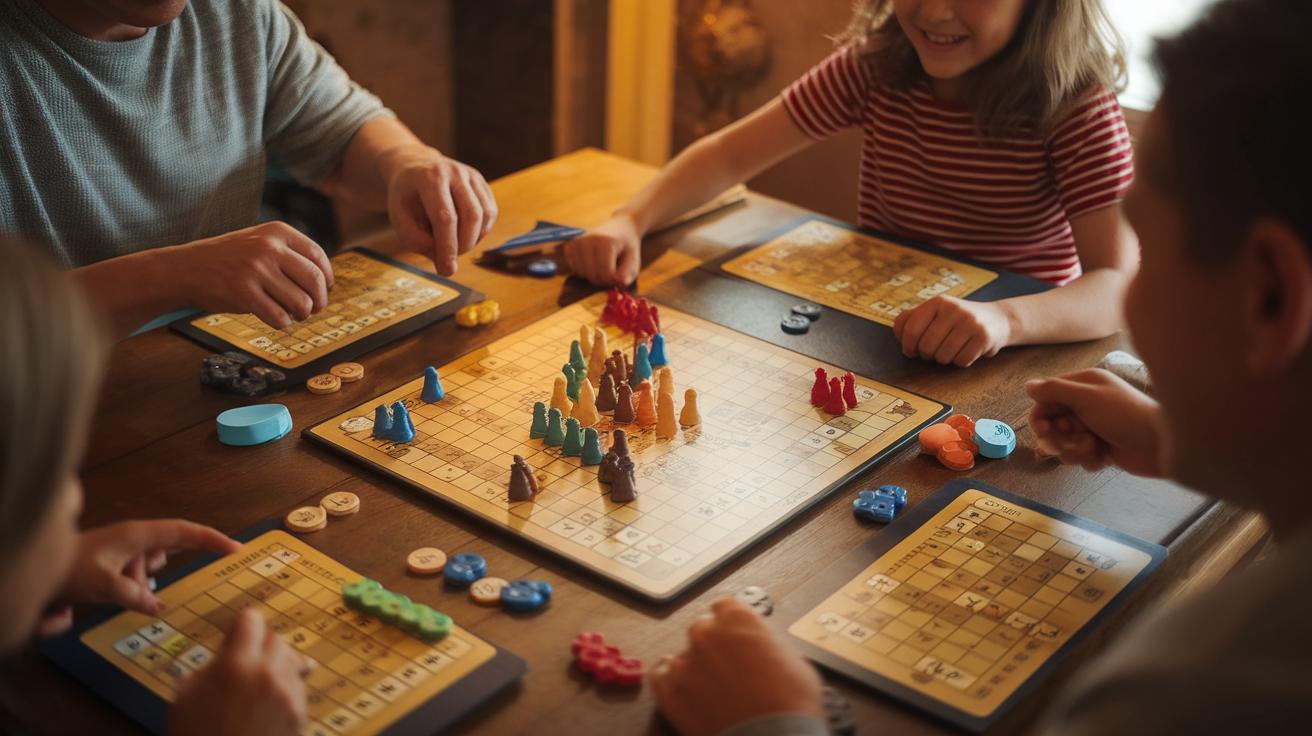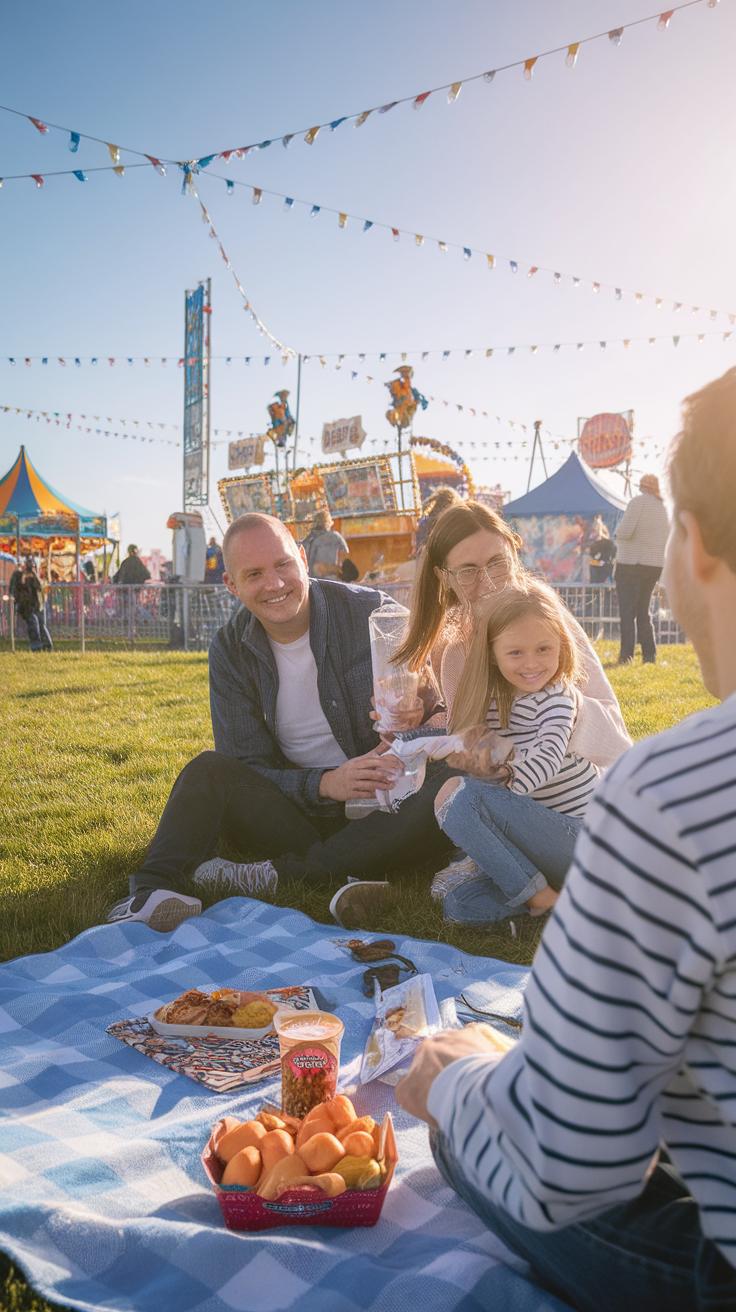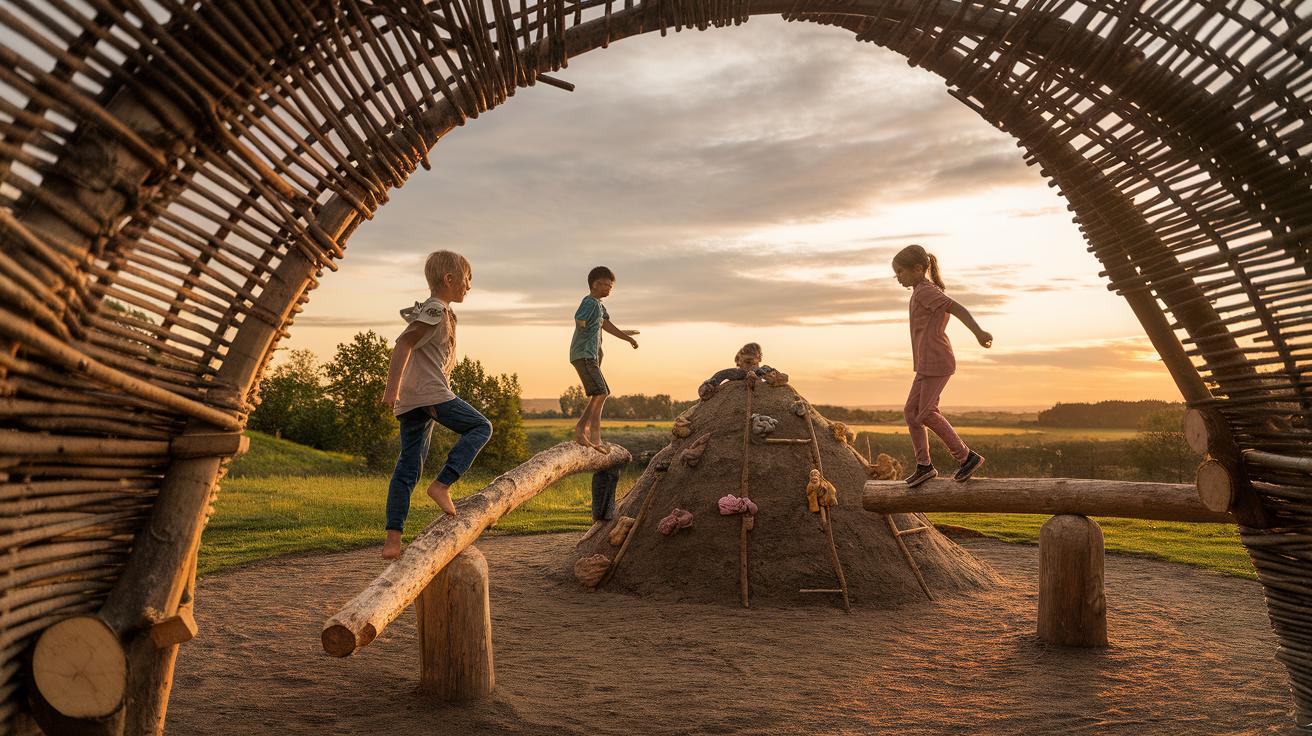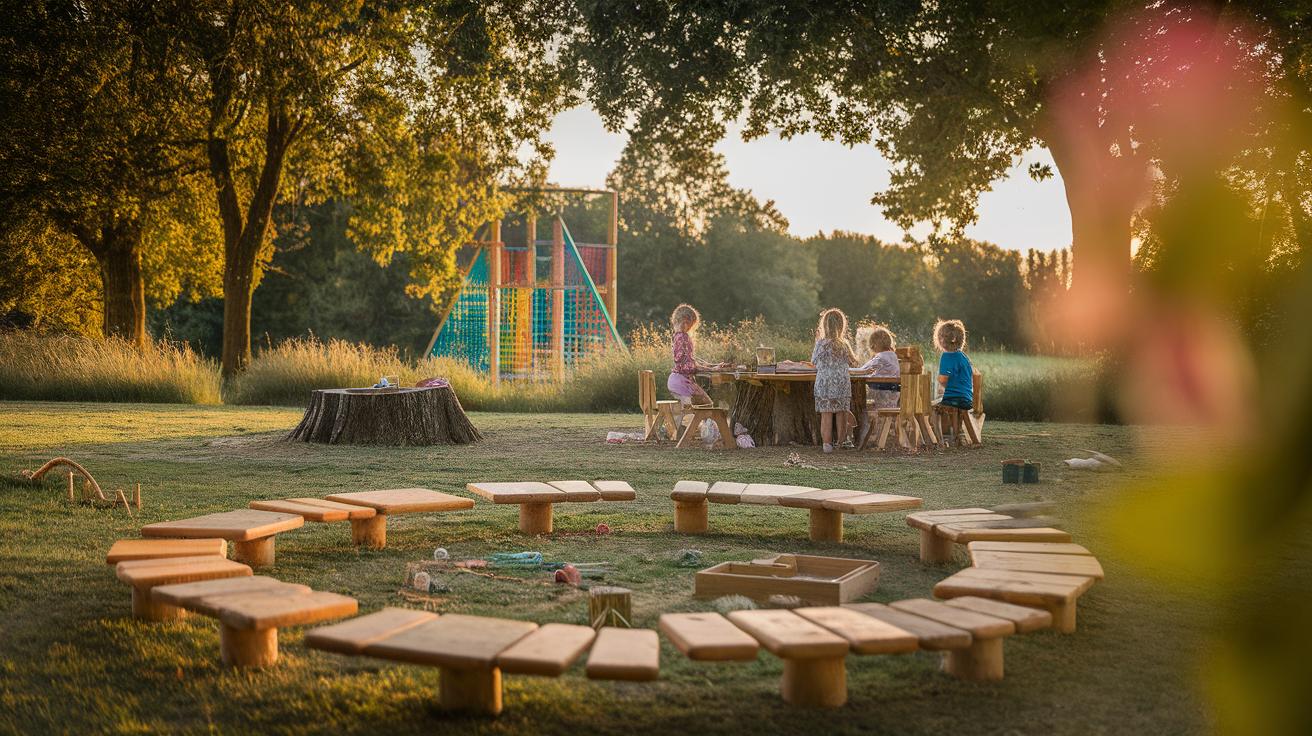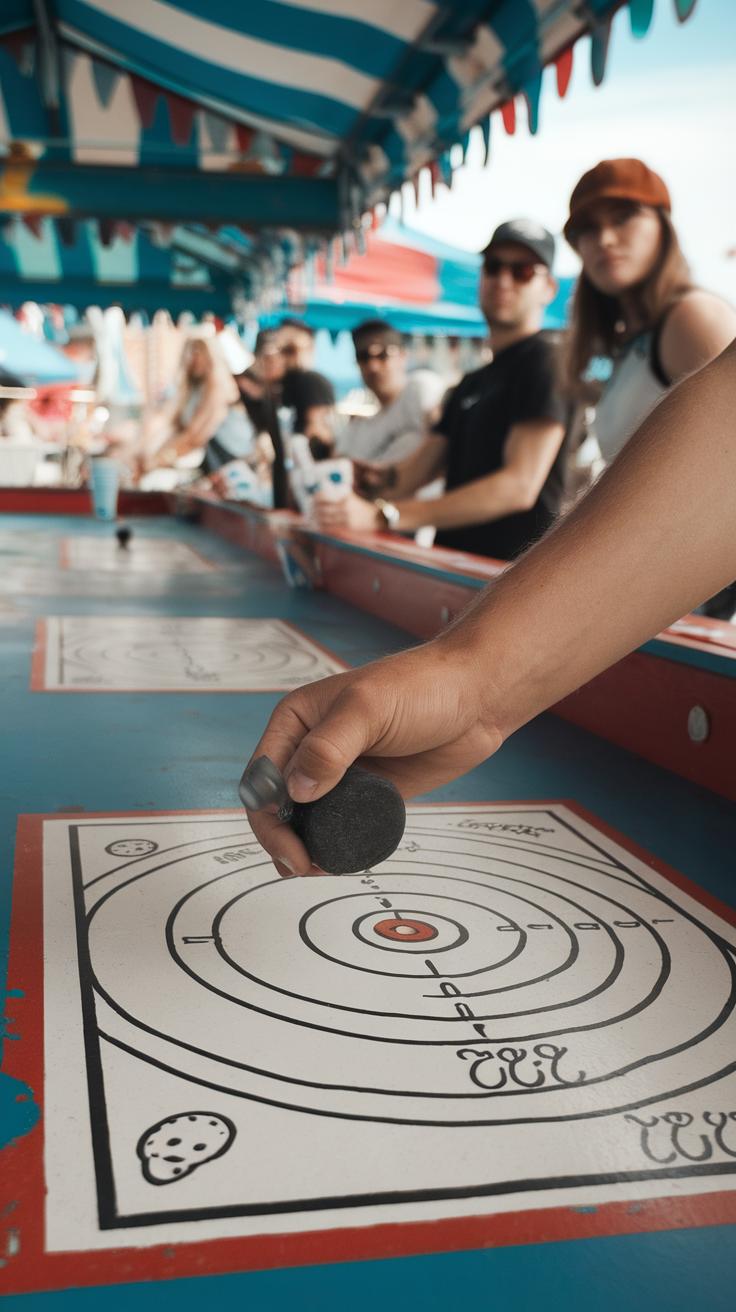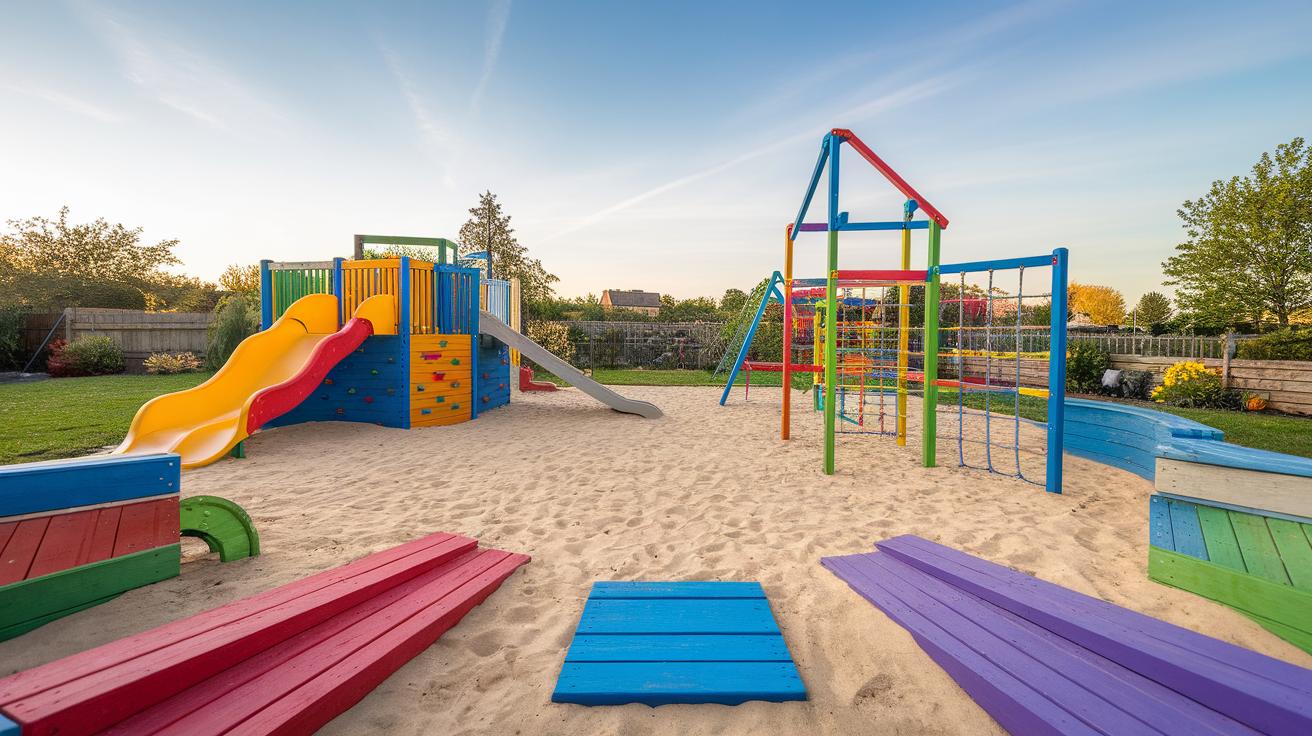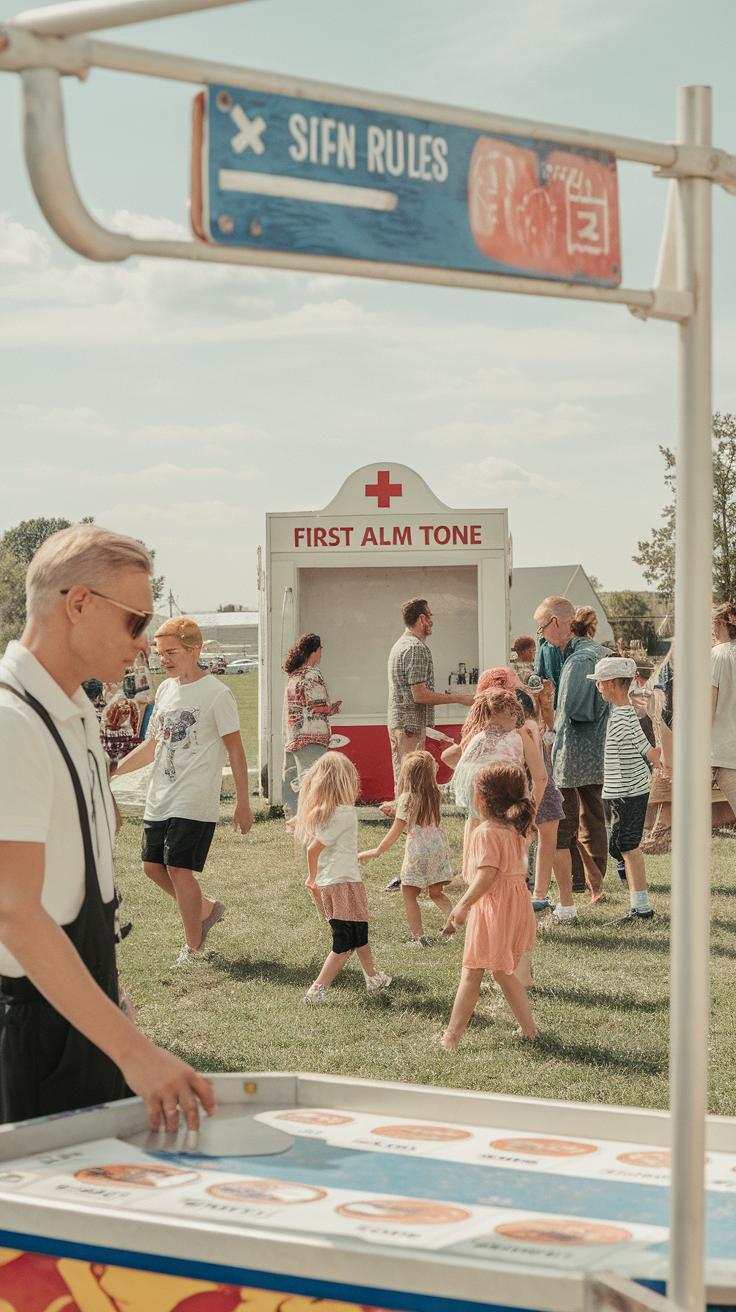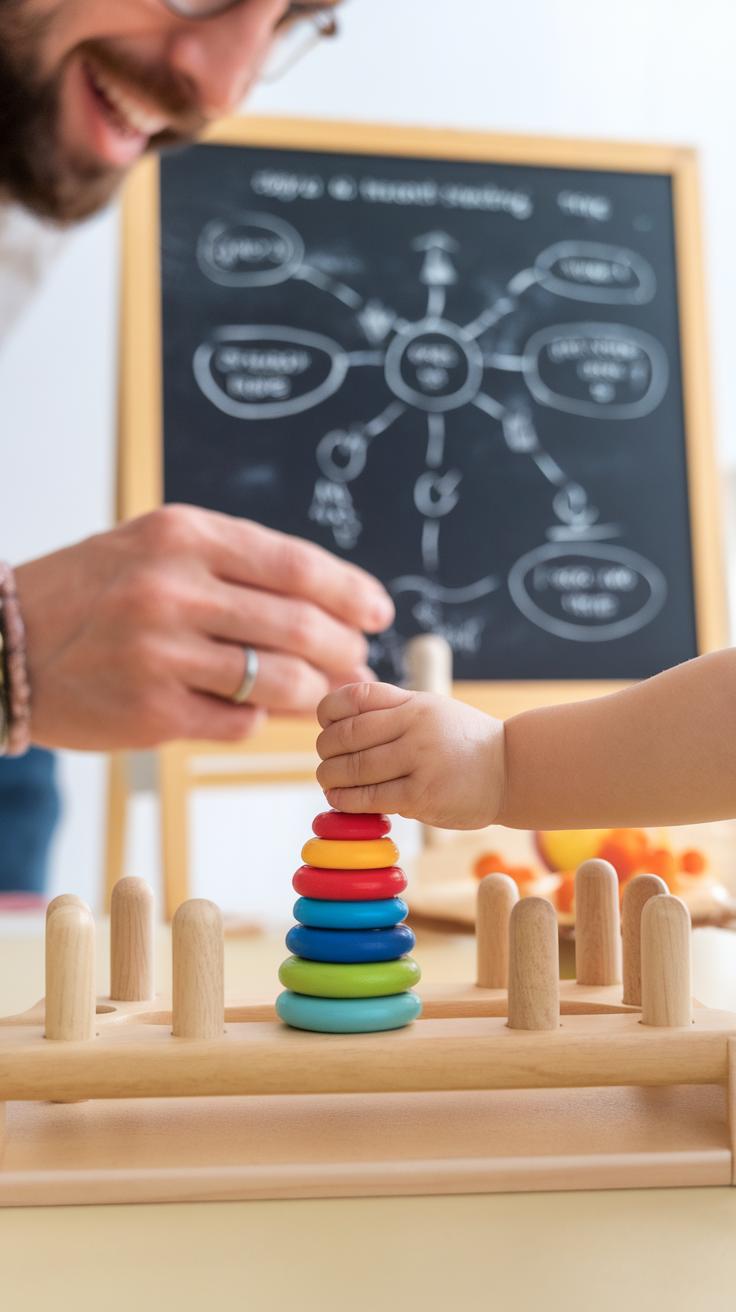Introduction
Carnival games have been a source of enjoyment for families and friends for generations. These games, found in carnivals, fairs, and amusement parks, offer something for every age group and skill level. Whether throwing rings, popping balloons, or testing your aim at knocking down bottles, carnival games encourage friendly competition and shared moments that unite players. Engaging in these activities can transform an ordinary day into one filled with laughter and excitement for everyone involved.
You might wonder how these games can be both simple and captivating. The answer lies in their ability to challenge your skills without overwhelming complexity, making them accessible and fun for all family members. This article will guide you through different types of carnival games, tips for playing them effectively, and how to enjoy a seamless experience with your loved ones. Discover how to bring more joy to your family outings with carnival games that keep everyone entertained.
Understanding Popular Carnival Games
Carnival games offer simple fun that draws families together. Ring toss challenges players to throw rings over targets, requiring focus and skill. The clear goal—landing rings on bottles—makes it easy for kids and adults to join in. Balloon darts test your aim as you pop balloons with lightweight darts. The colorful balloons add excitement and instant feedback from a successful throw.
Basketball hoops invite players to score points by shooting balls into elevated hoops. The familiar sport makes it appealing across ages, encouraging friendly competition. Water gun races add a twist by blending speed and accuracy, where players race to hit moving targets. These games promote teamwork and laughter, qualities that create lasting memories for your family.
Classic Games Everyone Loves
Games like ring toss and basketball hoops keep their appeal because rules stay simple and clear. You don’t need to learn complex instructions; just throw or shoot to score. This ease invites everyone in the family to try, from little ones to grandparents.
Classic games offer a chance to practice skills like hand-eye coordination and timing. Their steady pace helps build confidence without stress. Have you noticed how the same game can feel different each time you play? The predictability makes it easy to focus on fun and friendly competition.
Modern Twists on Familiar Games
Some carnival games now add new challenges or themes to keep families interested. For example, ring toss games might include glowing rings or moving targets to raise difficulty. These elements encourage players to adjust their strategies and stay engaged.
Basketball hoops with digital scoring systems bring instant feedback and allow players to track progress. Water gun races sometimes add obstacle courses or timed rounds, increasing excitement and teamwork. By reimagining traditional games, carnival experiences stay fresh and invite repeat visits from families looking for new ways to play together.
Planning a Family Day at the Carnival
Choosing the right time to visit the carnival can make all the difference for your family’s experience. Many carnivals are less crowded on weekday afternoons or early in the day. This allows you and your family to enjoy games and attractions without long waits or noise. Think about how younger children handle busy places and pick a time that fits your family’s energy levels.
Setting a budget before you arrive helps everyone manage expectations. Decide how much money you want to spend on tickets for games, food, and rides. You could allocate a fixed amount per person or a total that the whole family shares. Tracking your spending as you go prevents surprises and keeps the day fun for everyone.
Timing and Budget Tips
Visiting during off-peak hours reduces stress and helps you focus on enjoying the games. Early weekday visits or right after the carnival opens usually mean shorter lines and more relaxed players. Less noise and fewer crowds make it easier for kids to stay engaged and for adults to keep track of the group.
Before you go, create a simple plan for your game money. Imagine your family wants to play five games with each spending $10. You can divide the money among kids and adults or save some for food. Does your family prefer playing more games or winning bigger prizes? Thinking about this ahead of time helps you avoid overspending and keeps the focus on fun.
Selecting Games for Everyone
Choose a mix of games that suit different ages and skill levels. Some games, like ring toss, require patience, while others, such as basketball hoops, need more strength and aim. Including games that younger kids and adults can both enjoy helps everyone feel involved.
Look for games with simple rules and rewards that appeal to all. For example, water gun races encourage teamwork because family members can cheer each other on. Ask yourself which games your kids find exciting and which might challenge them without causing frustration. This approach helps you plan a carnival day where every family member has a chance to shine.
Techniques to Improve Your Carnival Game Skills
Improving your skills at carnival games makes the experience more fun and rewarding for your whole family. When you play well, it boosts confidence and keeps everyone engaged. You can learn to throw better, time your moves perfectly, and handle game mechanics with practice and focus.
Try aiming by watching where your object lands and adjusting your throw little by little. If the ring toss misses to the left, aim slightly to the right next time. For games like balloon darts, concentrate on your hand movement and keep your eyes on the target just before letting go.
Some games need keen timing. Think about when to catch the ball or when to roll it for the strongest effect. Waiting for the right moment gives you an edge. Practice calm breathing to help with patience—this keeps your mind steady and improves focus.
Have you noticed how players who watch closely and stay calm win more often? Focus on learning each game’s unique rhythm, then tailor your moves accordingly. When your family sees you improve, everyone feels excited to try harder and enjoy every challenge together.
Mastering Throwing and Aiming
Throwing games rely on hand-eye coordination. To improve, focus on the target rather than the object you throw. When you play ring toss, steady your arm by keeping your elbow close to your body.
Try practicing with smaller rings at home to develop a gentle, controlled release. For balloon darts, hold the dart softly but firmly. Don’t throw too hard; smooth, accurate throws work best. Aim slightly above the center of the balloon to increase your chances of popping it.
Repeated practice helps. Spend time watching how the ring or dart moves through the air. Adjust your angle or speed depending on the distance. You can even ask a family member to watch and offer feedback. Small improvements add up quickly.
Timing and Patience in Games
Games like the ball toss or duck pond reward players who wait for the perfect moment. Rushing often leads to missed chances. Stay patient by observing the pattern of moving targets or waiting for the right time to release a ball.
Practice this patience by counting slowly or taking deep breaths before your turn. This keeps your mind clear and your muscles relaxed. For games with moving parts, watch several rounds before jumping in to learn the rhythm.
Ask yourself: “Am I moving too fast? Should I pause longer?” Learning when to act improves your success. Patience also helps you stay calm if you miss a shot, so you come back ready to try again with focus and energy.
Encouraging Family Bonding Through Games
Playing carnival games together offers more than just fun. It creates moments where family members communicate, cheer each other on, and share laughs. These shared experiences help build stronger bonds by bringing everyone closer in a positive setting.
When families play as a team or cheer on players, each person feels valued and included. This sense of belonging encourages openness and trust. Have you noticed how a simple game can spark conversations and stories beyond the playing area?
Memories made during these lively moments stay with families for years. The joy in small celebrations encourages everyone to look forward to more time together. How could your family’s connections grow if you made carnival games a regular activity?
Creating Cooperative Game Moments
Choose games that require teamwork, such as a three-legged race or a relay toss. These games need players to listen to each other and coordinate actions.
Working side by side helps family members practice patience and support. It puts individual skills together to reach a common goal. When everyone contributes, the team feels stronger and more connected.
Cooperative games reduce competition and instead highlight shared success. How often do you give your family chances to work together instead of against each other? These moments can shift how family members relate to one another.
Celebrating Small Wins Together
Every attempt counts on the carnival floor. Acknowledge when someone improves or tries their best. This recognition builds confidence and encourages more participation.
Celebrate small achievements by clapping, cheering, or offering praise. When family members feel seen, they want to engage more. These small wins add up to big feelings of support and pride.
Focusing on effort rather than just winning changes how your family experiences games. What small win did you notice today? How did your family show support? These moments can spark joy that lasts beyond the game.
Winning and Trading Prizes Smartly
Choosing the right games can make a big difference in how many prizes your family wins during a carnival. You want to focus on games where skill matters more than pure luck, such as ring toss or basketball shootouts. These games often give better chances to take home prizes. Watch others play first to spot patterns and learn which games pay out more often. Have you noticed which games people win at more easily? Picking those can save time and increase rewards.
Prize trading is another way to maximize the fun. Many carnivals let you swap smaller prizes for bigger ones when you collect enough. Keep a close eye on prize counters and talk with your family about which smaller prizes you’re willing to trade later. Planning your trades can help you earn a bigger prize without extra games. Would your family rather have one big prize or several small ones? Decide that together to trade wisely.
Managing expectations helps too. Not every game will result in a prize, so aim for fun and teamwork first. When your family knows how to pick good games and trade prizes thoughtfully, the experience becomes memorable and rewarding for everyone.
Safety and Fair Play at Carnivals
Carnival games offer fun and laughter, but safety should always come first. Watching your children closely helps prevent accidents. Games with moving parts or sharp edges require extra care. Make sure children understand how to use each game properly before they play. If you see broken equipment or unsafe spots, report them to the organizers right away. Keep an eye on the crowds to avoid pushing or tripping.
Safe handling of game equipment is key. Don’t let kids toss rings or balls too hard, and remind them not to run near game booths. Using the equipment as intended protects everyone from injuries. How can you teach your family to stay alert during busy carnival times? Practicing these habits keeps the fun going without harm.
Staying Safe at Carnival Games
You play a big role in keeping everyone safe. Staying close to young children reduces the chance of getting lost or hurt. Point out potential hazards like wet floors or uneven ground. Teach your family to wait their turn and avoid crowding game booths. Handle prizes carefully, and check that any small toys or parts are safe for younger kids.
Encourage your kids to speak up if they feel unsure or uncomfortable with any game. How will you remind them to respect these safety rules? Setting clear expectations makes sure everyone can enjoy the experience in a secure way.
Promoting Fairness and Respect
Playing with honesty helps everyone enjoy carnival games more. Remind your family why fairness matters and how cheating can spoil the fun. Celebrate wins with kindness and accept losses gracefully. Good sportsmanship shows respect for other players and builds positive memories.
When family members compete, encourage friendly behavior instead of arguments. Ask yourself how you can model respect during games. By keeping the focus on fun instead of just winning, your carnival day becomes a chance to grow closer and enjoy healthy competition.
Adapting Games for Home Family Fun
You don’t need a carnival to enjoy classic games with your family. Many popular carnival games can be adapted for your home using simple materials and a little creativity. For example, ring toss can become a game using empty bottles and some rubber bands or rings made from cardboard. You can set up a bean bag toss by using baskets or boxes placed at different distances. What if you turn a hallway into a mini bowling alley with plastic bottles as pins? These small changes make games easy to play and bring the carnival excitement right to your living room or backyard.
Consider varying the difficulty by changing the size of targets or distance for throws. This lets players of all ages join without feeling left out. Can you think of other carnival games you enjoy that could be recreated at home? Having flexible, portable games means family fun can happen anytime, even on weeknights or rainy days.
DIY Carnival Game Ideas
You don’t need fancy equipment to make fun carnival games at home. Simple household items often work just as well. For example, make a ball toss game by using empty cans stacked in a pyramid and a soft ball. Create a fishing game with paper fish and a magnet on a string tied to a stick. Use paper plates with numbers or colors for a spin wheel game or cut out cardboard pieces to make a bean bag toss target.
Encourage your kids to help build these games. It adds to the fun and sparks creativity. Making everything together can turn into a game of its own. What materials do you have around your house that could serve as game components? By keeping it low-cost and hands-on, you make every family member a part of the carnival experience.
Organizing Family Game Nights
Recreate the carnival atmosphere by dedicating a night to family games. Set up different game stations around your home or yard to give players variety. Assign small prizes like stickers, extra screen time, or choosing the next family movie. Create scorecards to foster friendly competition and encourage cheering each other on.
Play upbeat music and decorate your space with homemade banners or colorful lights to add to the mood. Set clear rules before you start to keep the games fair and fun. How do you celebrate wins and milestones with your family? Having a special night to focus on games creates shared memories and brings everyone together with laughter and excitement.
The Educational Benefits of Carnival Games
Carnival games offer more than just fun; they also help children grow in many important ways. Playing these games tests their motor skills, challenges their thinking, and encourages social interaction. When your family gathers around these activities, every turn becomes a chance to learn something new. You might notice your child aiming more carefully or thinking through the best way to win. Do you see how these games open the door to skill-building while keeping everyone entertained? This mix of play and learning turns simple family time into a valuable experience that sticks with children well beyond the game itself.
Developing Physical Skills
Many carnival games demand precise aiming and controlled throwing. Games like ring toss or bean bag throw ask children to focus on their hand-eye coordination. These actions strengthen fine motor skills, which are crucial for everyday tasks like writing or buttoning clothes. When kids try to land a ball into a bucket, they practice control over their muscles and improve balance. As you watch your child improve with every throw, you can encourage them to keep trying and face new challenges. How often do you see your child’s accuracy grow through simple games? These moments show that building physical skills can be fun and rewarding.
Boosting Cognitive and Social Skills
Carnival games also support thinking and social growth. Children learn to take turns and follow rules, which teaches patience and respect for others. Games requiring strategy, like guessing the best spot to throw or deciding when to take risks, sharpen decision-making skills. Playing with family encourages conversation, cooperation, and friendly competition. Have you noticed how children celebrate others’ success or handle losing with grace during these games? These interactions build empathy and resilience. Carnival games provide a safe space where children practice important social and cognitive abilities while enjoying themselves.
Choosing the Right Carnival for Your Family
Selecting a carnival that suits your family means looking for events that focus on safety and fun. You want a place where children can enjoy games without worry, and adults can relax. Consider carnivals known for family-friendly environments, where the atmosphere feels welcoming to all ages. Check if the event offers a broad range of games that match the interests of your family members. A good mix should include both active and calm choices, so everyone finds something they enjoy. Has the carnival hosted similar family gatherings before? If so, its reputation tells you a lot about what to expect. Your goal is to find a place where every visit creates positive memories and encourages everyone to join in the fun.
Evaluating Carnival Options
Start by researching local carnivals online. Read reviews from families who attended before. Look for comments about the quality of games and how well they were maintained. Are the prizes worth the effort? Some carnivals feature popular classics like ring toss or balloon darts, while others have newer, creative setups. Consider if the games suit various skill levels to keep all family members engaged. Check the carnival schedule for events or special days aimed at families. This information will help you decide if the carnival offers value beyond just rides and food. What do past visitors say about the experience? Knowing this helps you pick the carnival with the best gaming options for your day out.
Prioritizing Family Comfort and Fun
Your family’s comfort plays a key role in enjoying a carnival day. Think about how busy the carnival might be. Large crowds can overwhelm young children or make moving between games difficult. Look into the available amenities such as clean restrooms, seating areas, and places to eat. Accessibility is crucial if family members use strollers or have mobility challenges. The overall atmosphere counts too—does the carnival feel safe and cheerful? Some venues include shaded spots and quiet zones to take breaks. Before your visit, consider how all these factors influence your family’s energy and mood. How will you balance excitement with rest? Planning for comfort ensures fun lasts as long as the games do.
Conclusions
Choosing the right carnival games can transform your family outings into memorable events filled with joy and laughter. Understanding the rules and practicing your skills can boost your confidence and increase your chances of winning prizes. Remember, the goal is not only to win but also to enjoy the togetherness and fun these games inspire. These activities help develop hand-eye coordination and strategic thinking while creating a special bond among participants.
As you explore various carnival games, you will find that each offers unique experiences and opportunities to connect with family members. By focusing on creating enjoyable moments and encouraging everyone to participate, you can ensure that your carnival visits become treasured family traditions. Embrace the spirit of play and friendly competition, and watch how carnival games bring joy to your whole family.



